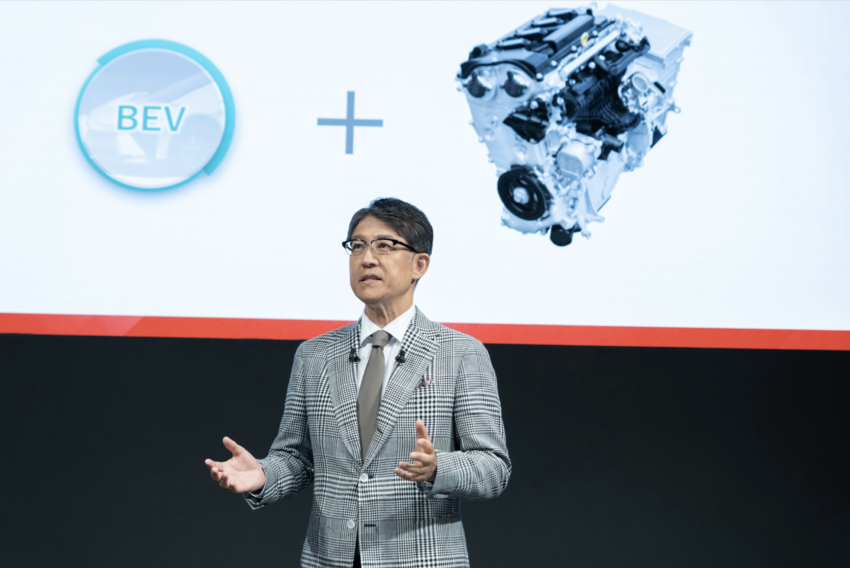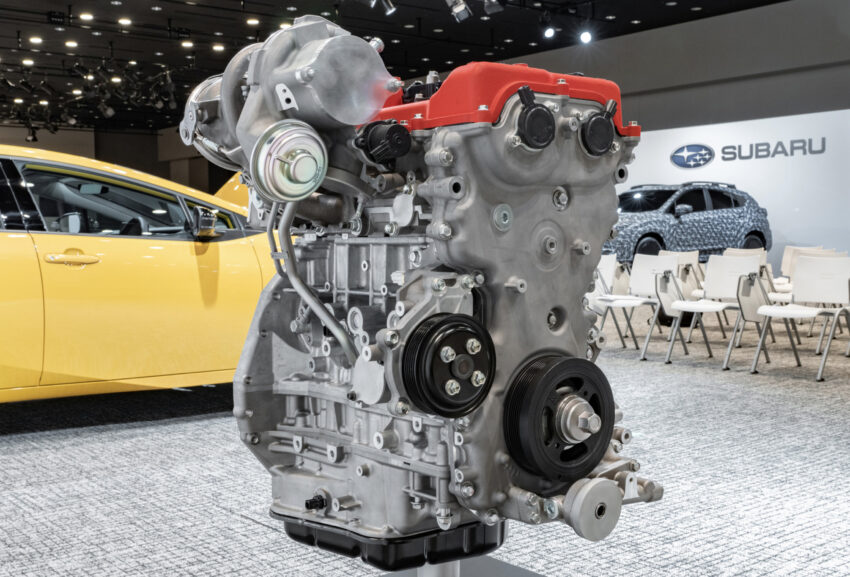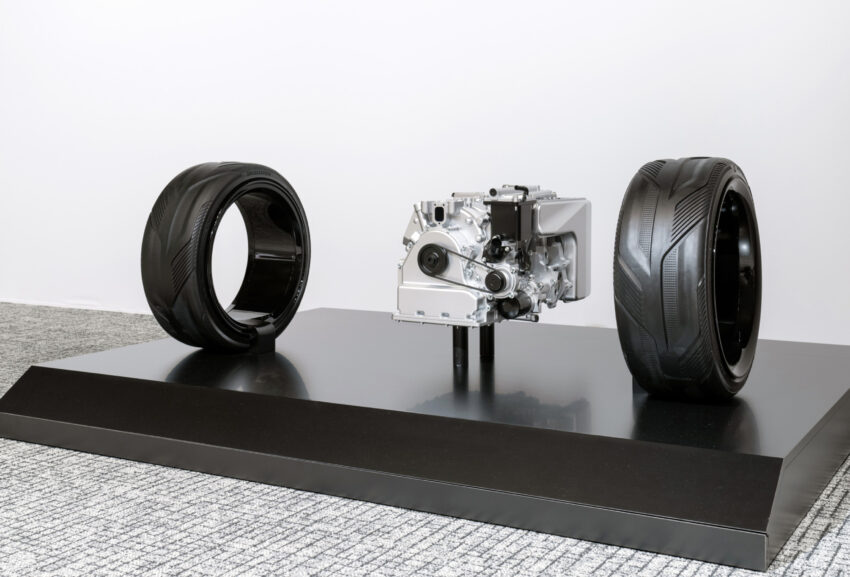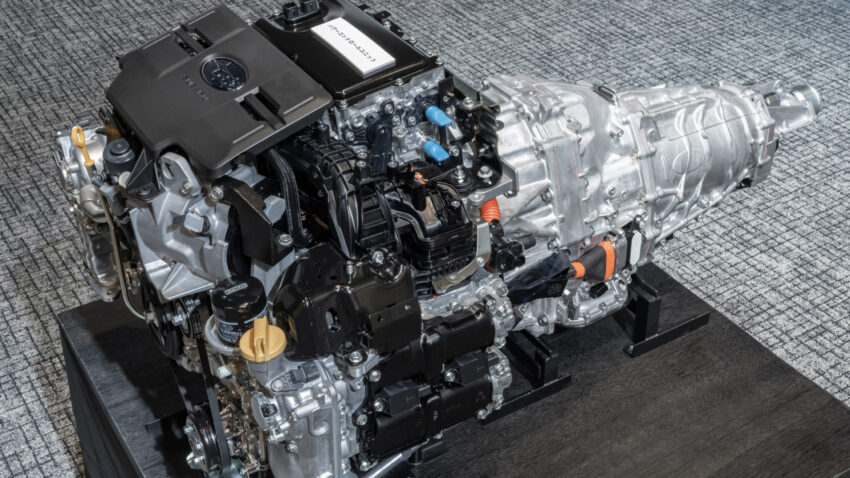Partnering with Subaru and Mazda on Engines, Mitsubishi on Clean Fuels
Toyota, Subaru and Mazda have joined forces to develop alternative energy internal combustion engines as a “carbon neutral” companion – possibly an alternative in some markets – to fully electric powertrains.

Toyota said it also is working with Mitsubishi and a pair of energy companies on a study examining the production, market introduction and distribution of carbon neutral fuels for such engines.
How much traction the technologies would get in the U.S. is up in the air at this point.
But Japan has no domestic oil production and Toyota, it’s major automaker, is decidedly chilly toward relying on fully electric vehicles to achieve zero-emission transportation. Thus, there’s a lot of incentive in that country to promote clean synthetic and bio fuels and the alt energy engines that can effectively use them.
Toyota said it anticipates introducing the fuels in Japan by 2030.
The fuels study will look at synthetic fuels using hydrogen and CO2, along with biofuels made from plants and other organic raw materials that absorb CO2. Toyota and Mitsubishi are teaming with Japanese petroleum companies ENEOS Corp. and Idemitsu Kosan.
Alternative Energy Engines
Toyota, Subaru and Mazda also have been working on alternative energy engines to use such fuels and this week unveiled two new “alternative fuel” engines, developed drawing on the companies’ experience in auto racing using liquid hydrogen and synthetic and bio-fuels.
Unveiled this week were a 1.5 liter carbon-neutral ICE for subcompact vehicles and a turbocharged 2-liter version for larger vehicles from Toyota, a rotary engine powering an electric drive system from Mazda, and next-generation alt-fuel ICE-electric hybrid package from Subaru. the engines all are are smaller and lighter than the traditional gasoline-burning internal combustion engines they would replace.



The internal combustion engines could be used as stand-along power plants or in conjunction with electric motors and batteries in conventional and plug-in hybrid systems.
In addition to increasing efficiency and running cleaner than conventional gasoline ICEs, the smaller alternative energy engines could enhance vehicle design and aerodynamics by allowing for for lower hoods, the companies said.
The three carmakers would use alt-energy engines they develop to “optimize integration with motors, batteries and other electric drive units.” The companies also want to “provide our customers with diverse options to achieve carbon neutrality…in tune with the energy environment of the future,” said Toyota CEO Koji Sato.
